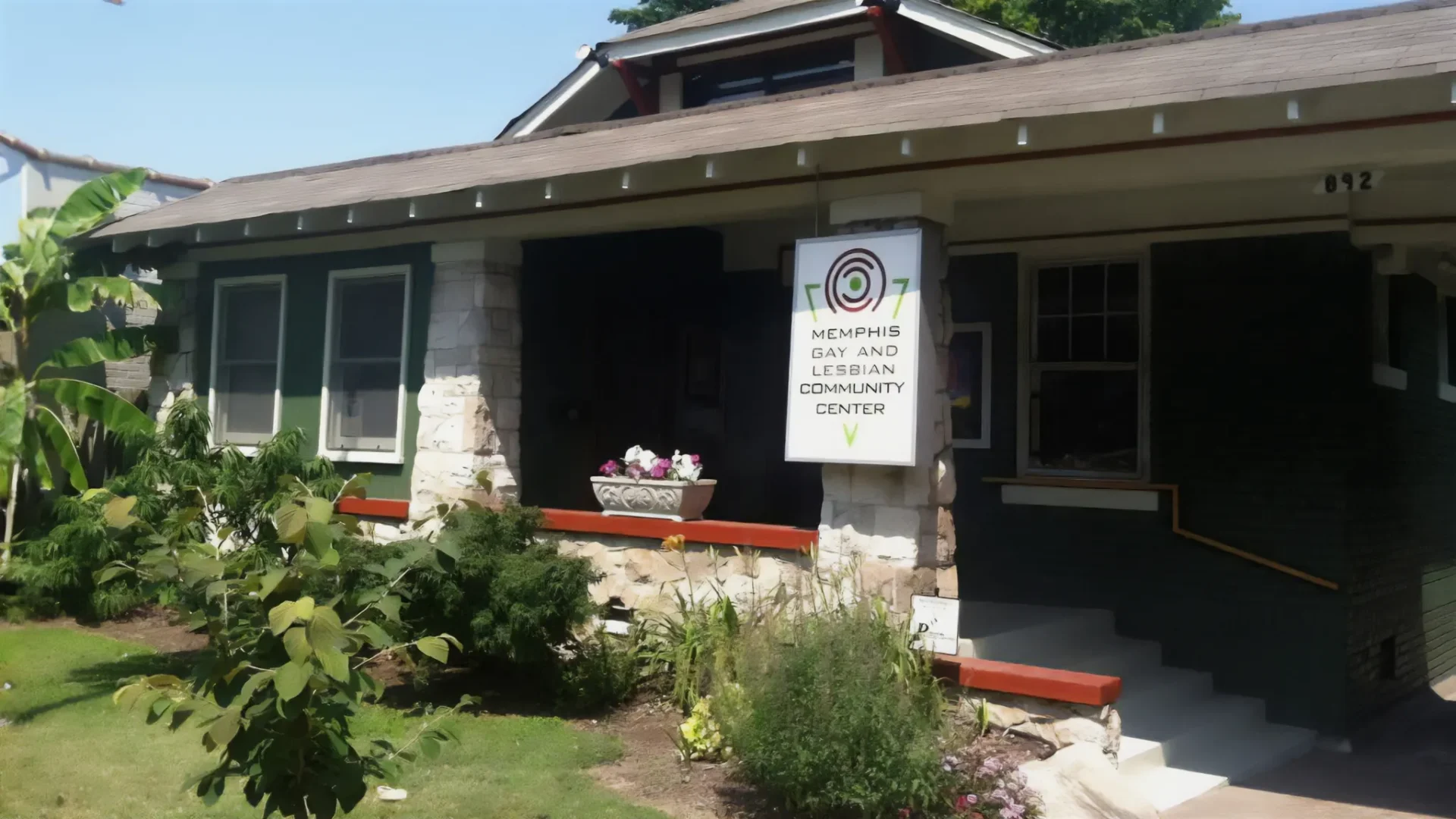By 1989, Memphis’s LGBTQ+ community had already endured years of struggle—marching, organizing, and building spaces of resistance in a city that often sought to erase them. The AIDS epidemic was at its peak, amplifying stigma and deepening the need for support. In the face of fear and hostility, a new movement took root. That year, activists laid the foundation for what would become the Memphis Gay and Lesbian Community Center (MGLCC)—a safe haven in a city where safety was never guaranteed.
The center was not just a place; it was a declaration that LGBTQ+ Memphians deserved community, deserved resources, deserved to exist openly and without fear. Leaders like Rev. Steve Montgomery, Jody Powers, and William Carey were among those who saw the urgent need for a space that went beyond social gatherings—a place that could offer support, advocacy, and refuge. They were joined by volunteers, including Dr. Cathy Chapman, whose early financial contributions helped keep the center afloat when resources were scarce.
The MGLCC became more than a meeting space. It was a catalyst for change. It provided support groups, health services, and legal assistance at a time when few other organizations were willing to address the needs of LGBTQ+ individuals. It also became the force behind major milestones in Memphis’s LGBTQ+ history, including the city’s first official Pride parade in 1993. The center did not just offer safety—it demanded visibility.
In 2012, the MGLCC transformed into OutMemphis, expanding its mission to serve the full spectrum of the LGBTQ+ community. It grew to include youth services, housing programs, HIV prevention initiatives, and broader social justice efforts. What began as a grassroots effort in the late 1980s became one of the most vital LGBTQ+ organizations in the region.
The birth of the MGLCC was not just about opening a building; it was about carving out a space where one had never existed before. It was a battle against invisibility, a commitment to advocacy, and a promise that no one in Memphis’s LGBTQ+ community would have to face their struggles alone. Decades later, that promise continues to shape lives, proving that even in the most challenging times, community can create the change the world refuses to give.
